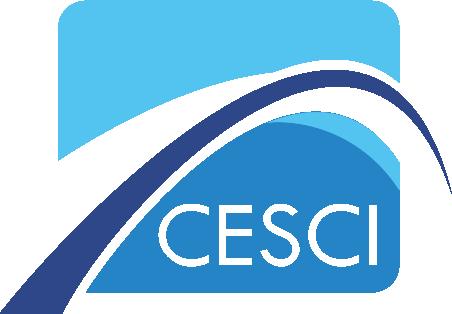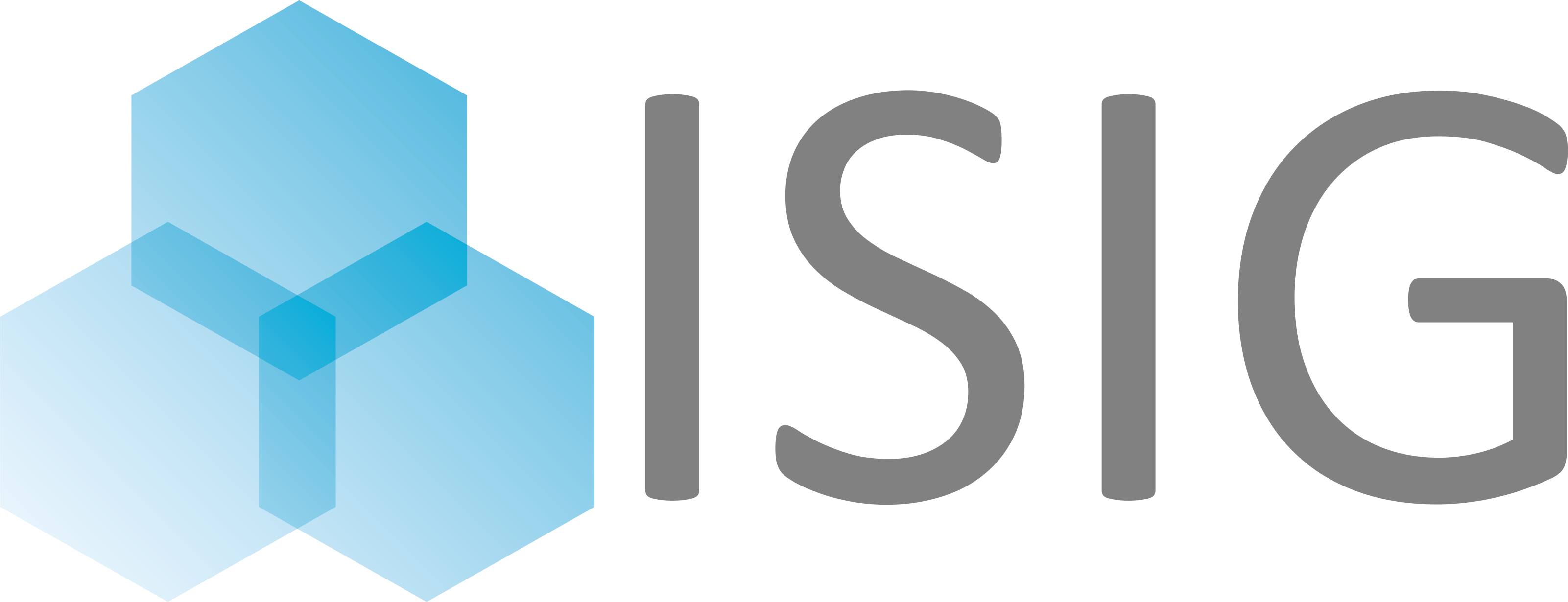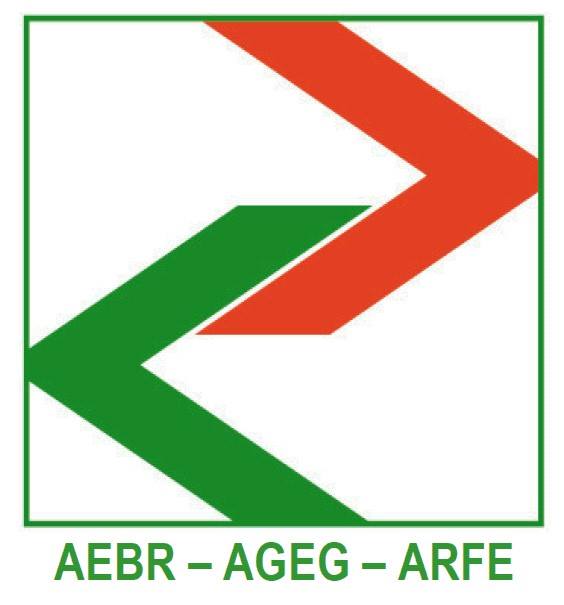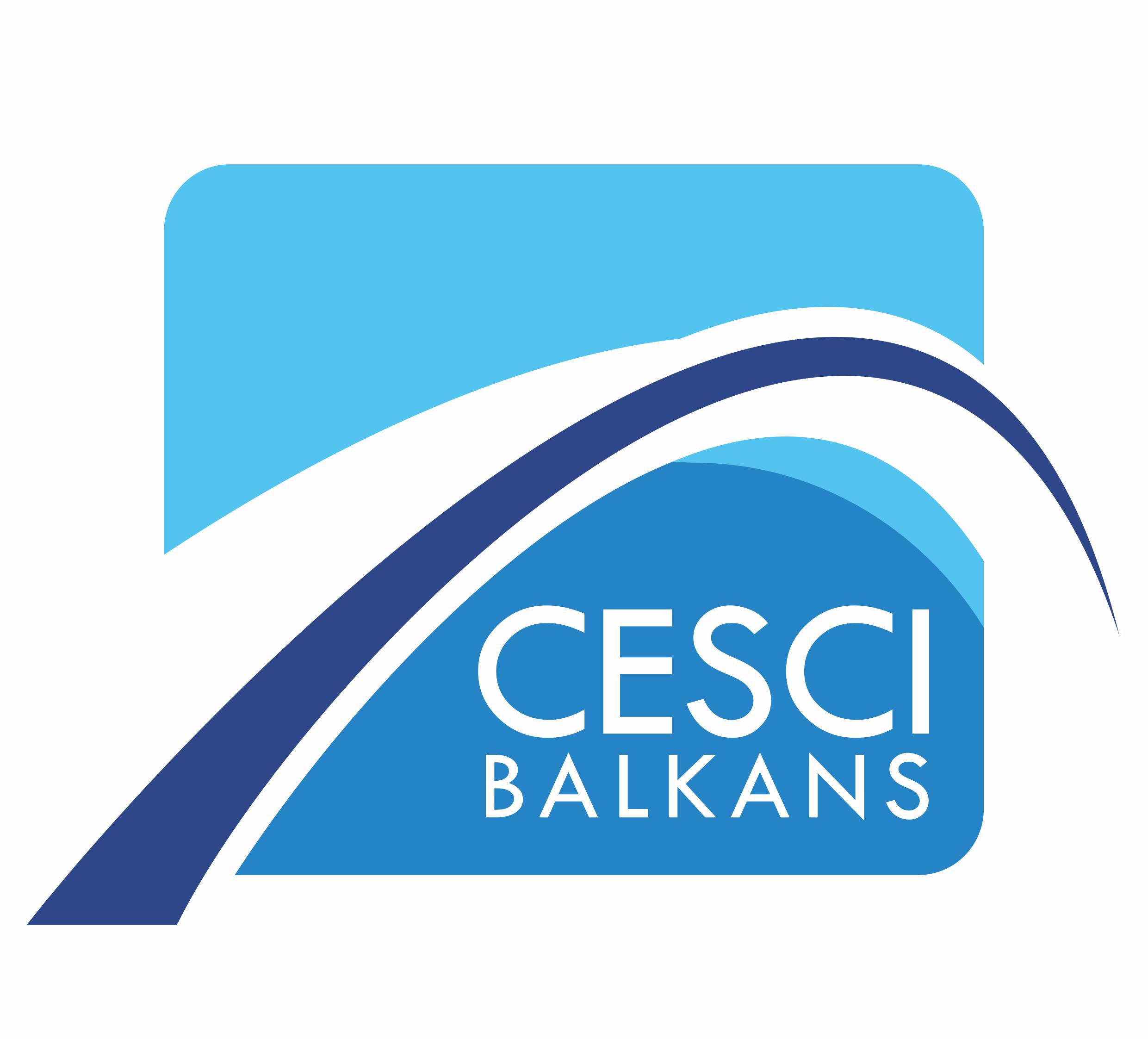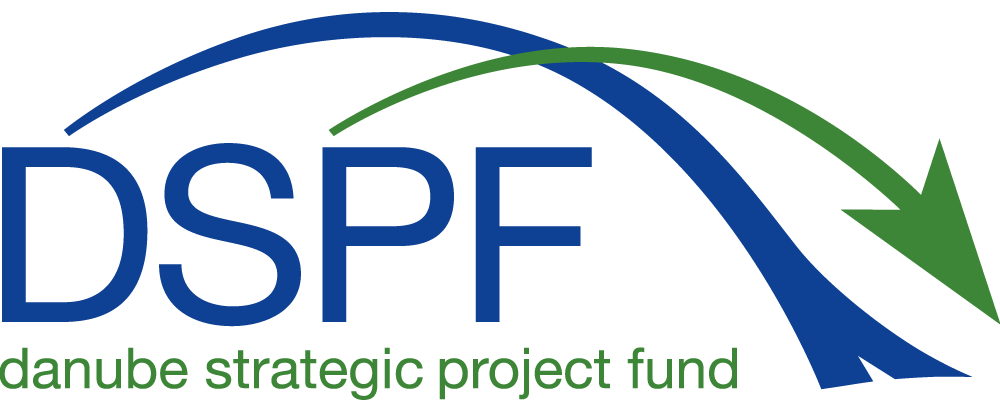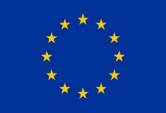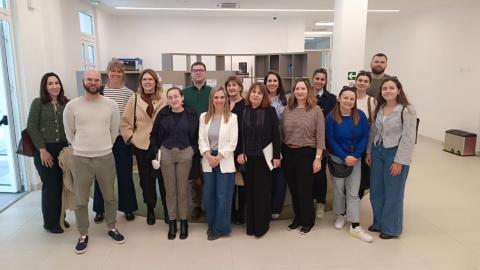
The second gathering of the Thematic Steering Group under Pillar 5 of the EU Strategy for the Adriatic and Ionian Region (EUSAIR), which emphasizes enhancing social cohesion, took place in Zadar on April 3. This session brought together delegates from the majority of EUSAIR member states, European Commission officials, and various partners. The focus of the meeting was to exchange insights and effective strategies in the realm of youth policy.
Ms. Biliana Sirakova, who serves as the Youth Coordinator at the Directorate-General for Education, Youth, Sport, and Culture of the European Commission, provided a comprehensive overview of EU youth strategies. She pointed out key distinctions between EU-wide policies and those at the national level. While the EU's approach aims to empower and connect young individuals, fostering their involvement in policymaking, national efforts tend to focus on practical concerns such as employment, healthcare, and housing affordability. The primary aim of this meeting was to deepen participants’ understanding of youth-related policies to encourage stronger collaboration and support initiatives tackling the current issues facing Europe’s youth.
Croatia, acting both as the host and coordinator of Pillar 5, showcased a successful initiative through the Career Information and Counseling Centers (CISOK), operated by the Croatian Employment Service. These centers are dedicated to assisting young people with career guidance. A common concern among all EUSAIR nations was addressed—how to better reach and support young individuals classified as NEET (Not in Education, Employment, or Training). Despite a general downward trend in NEET rates across most member countries, the EU average remains at a concerning 11 percent, as highlighted by Mr. Filip Miličević, Croatia’s coordinator for Pillar 5.
Delegates from Bosnia and Herzegovina and Slovenia shared insights into their current programs and the obstacles they face in implementing them. There was a strong consensus that youth policies must be viewed through the lens of social investment rather than as financial liabilities. To enhance knowledge exchange, a suggestion was made to strengthen ties with Baltic countries, known for their innovative social approaches to youth engagement.
Looking ahead, the group plans to commission two thematic studies and encouraged participants to propose ideas. Croatian representatives suggested that the themes of European security and competitiveness could be particularly valuable in laying the groundwork for future projects within Pillar 5.
The third session of the Thematic Group for Pillar 5 is planned for autumn 2025 and will be conducted virtually. Ms. Gabby Hagmuller from the European Commission shared updates on the TSG5 Action Plan, which is slated for adoption at the EUSAIR Annual Forum in May, to be held in Crete. She also announced that North Macedonia will take over the EUSAIR Presidency following Greece.
On April 4, participants visited the ZD-154-M project, funded by the Erasmus+ program. This initiative, which was showcased at the Zadar Youth Center, emphasizes active youth participation in community life. Attendees were able to learn firsthand about the project’s activities and achievements, which are considered a model for successful youth social inclusion.

